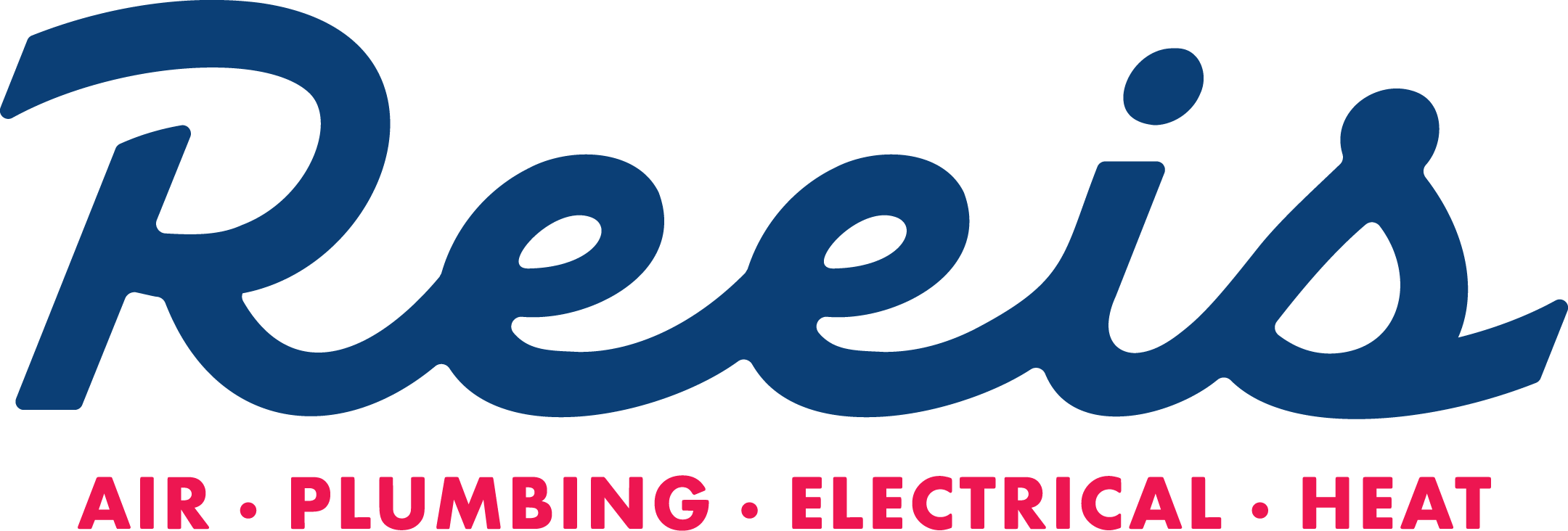A new heating system is a costly investment that requires careful consideration. Attempting a DIY heating installation can waste thousands of dollars in higher energy and repair bills over the system’s lifespan. That’s why consulting a heating installation professional in Phoenix, AZ, is a wise move. Before doing so, think about these critical factors so that you can schedule your consultation to install a new heater as an informed homeowner:
Type of Heating System
What type of heating system do you operate at the moment to heat your home? Perhaps you have a furnace or boiler, which are the two most common types. Although replacing an old furnace with a newer model will increase your energy efficiency, maybe the better option is to opt for a different heater altogether. A service technician can highlight the options available to you for your heating installation and recommend the perfect match for your comfort demands.
Correct Sizing Matters
Most homeowners assume a bigger heating system is better, no matter how small or large their home. But sizing your heating system correctly is vital for maximizing energy efficiency and minimizing heating costs.
Think of it this way: British Thermal Unit (BTU) measures how much warm air your heating system will generate with the fuel it consumes. As an estimate, each square foot of your house requires about 20-30 BTU of heating to maximize home comfort for your family. Therefore, a 1,000-square-foot property will need about 20,000-30,000 BTU of heating.
A heating installation contractor can perform various load calculations to determine the size of heater you need to maximize comfort and efficiency. The key is to balance what efficiency rating you need without overpaying for efficiency you don’t need while not purchasing an undersized or oversized heating system in the process.
Annual Fuel Utilization Efficiency Rating
Speaking of efficiency, furnaces and boilers include an Annual Fuel Utilization Efficiency (AFUE) rating. If a heating system has a 95% AFUE – considered a high-efficiency furnace or boiler – it converts that much fuel to heat and only wastes 5% of it. In general, you want to invest in a heating system with a higher AFUE.
Heating Seasonal Performance Factor
On the other hand, heat pumps feature a Heating Seasonal Performance Factor (HSPF) rating. The higher the rating, the more efficient the heat pump. The U.S. Department of Energy requires residential heat pumps to feature a minimum HSPF of 8.2, while some systems are as high as 13 HSPF. It’s worth noting heat pumps are more efficient than furnaces.
Consider Systems With Cooling Capabilities
While furnaces and boilers only provide heating, heat pumps and ductless mini-splits can also cool your home in the summer. If you’re building a new home, you might opt for a ductless HVAC system rather than paying to install ducts. If your house already has ductwork, it might be better to install a heat pump instead. A heating installation contractor can weigh all the pros and cons with you, ensuring your system matches your demands precisely.
Zoned Heating
Ductless HVAC systems also allow you to split your house into several climate control zones. You can also install dampers within a traditional HVAC system to achieve this setup. Zoned heating allows you to stop heating empty spaces without compromising comfort in those you’re occupying, helping you save energy, money and the environment.
Don’t move forward with your heating installation without professional help. Contact REEis Air Conditioning to ensure your heater operates effectively and efficiently for many years to come. Our NATE-certified service technicians look forward to assisting you with all of your heating needs, whether you need an installation or repair.
Image provided by Thinkstock









